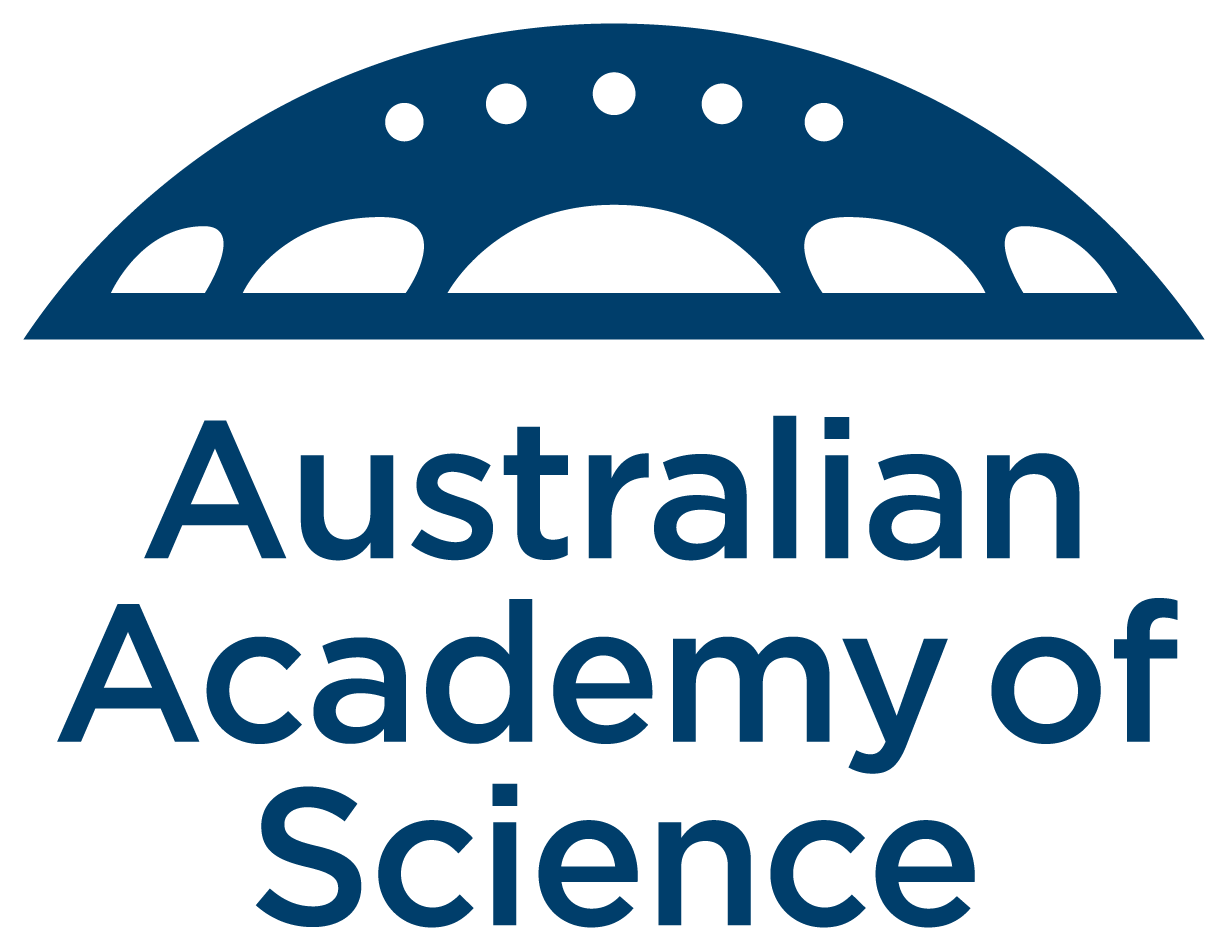Invited Speaker Information
-
Prof. Sheena Radford, University of Leeds, UK. (Zoom)
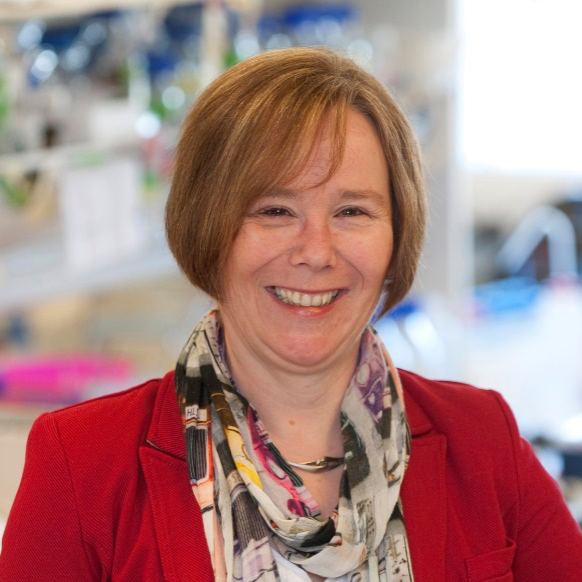
Professor Sheena Radford, is a highly distinguished British biophysicist, currently holding the position of Astbury Professor of Biophysics at the University of Leeds and Royal Society Research Professor. Her expertise lies in several areas, particularly in protein folding and misfolding, amyloid formation, membrane protein folding, aggregation, and biopharmaceuticals.
Prof. Radford’s research has significantly advanced our understanding of protein dynamics, particularly how proteins fold and misfold, and their role in disease. She is renowned for her work on the mechanisms by which proteins fold into their functional forms or misfold, leading to aggregation and disease. Using a variety of biophysical methods, she has made notable contributions to the understanding of protein folding pathways and amyloid formation. Her research has particularly focused on delineating the molecular processes behind dialysis-related amyloidosis and understanding how proteins fold into the bacterial outer membranes of Gram-negative organisms.
For more in-depth information about Professor Sheena Radford and her work, please refer to : https://astbury.leeds.ac.uk/people/professor-sheena-radford/
-
Dr. Kotaro Tsuboyama, University of Tokyo, Japan
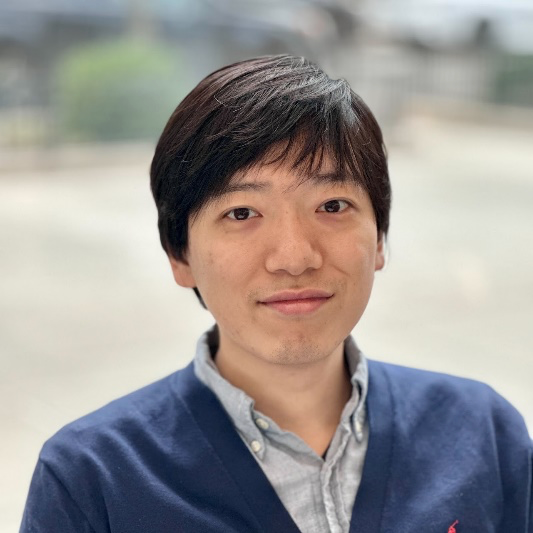
Lecturer (PI) at Institute of Industrial Science (IIS), UTokyo. His research focuses on De novo proteins, large-scale measurements, machine learning, deep learning. His lab focuses on combining large-scale measurements with machine learning, including deep learning, to gain a better understanding of the relationships between amino acid sequence, structure, and function. Then, based on this new knowledge, his lab designs de novo proteins to verify and reanalyze the new findings. In this way, his lab repeats such analysis and design to achieve both an understanding of the fundamental laws of proteins and rational de novo protein design.
For more in-depth information about Dr. Kotaro Tsuboyama and his work, please refer to : bio-design-eng.iis.u-tokyo.ac.jp
-
Dr. Danny Tng, Duke-NUS Singapore, SingHealth Hospital, Singapore
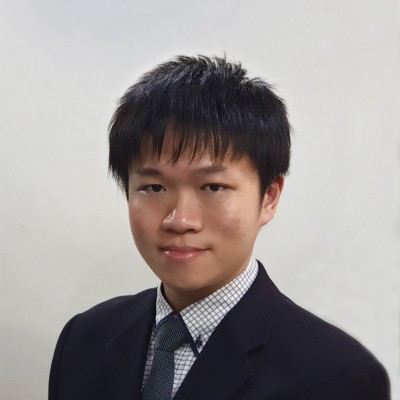
Dr Danny Tng owns Double qualifications as a medical doctor (MD) and electrical engineer (PhD). Clinician-Innovator with experience in infectious diseases, clinical trials, point-of-care diagnostics, nanotechnology, translational research and medtech.
He has 5 years of clinical experience in Singapore (SGH, NCCS, NTFGH and KKH),
10 years of research experience (Authored/co-authored ~20 publications in leading journals). He filed 2 patents in diagnostics
Research interests: Infectious Diseases, Oncology, Nanotechnology, Diagnostics, Vaccinology, Engineering, Medtech. -
Dr Siyi Hu, ACXEL
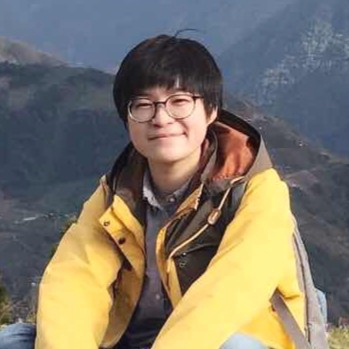
Dr Siyi Hu is affiliated with the CAS Key Laboratory of Bio-Medical Diagnostics, Suzhou Institute of Biomedical Engineering and Technology, Chinese Academy of Sciences, in Suzhou, China. Hu’s research, as demonstrated in the recent paper, focuses on advanced microfluidics for single-cell manipulation. This includes the development of high-resolution digital microfluidics enabled by large-area electronics, which is crucial for parallel single-cell processing and has potential applications in biomedical research and diagnostics. For more detailed information about Siyi Hu’s contributions and research, please refer to the paper: https://pubs.acs.org/doi/10.1021/acs.analchem.3c00150
-
Prof. Colin Jackson, The Australian National University, Australia
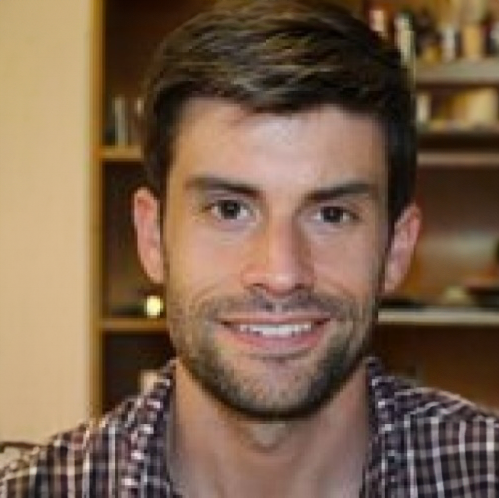
Prof. Colin Jackson has held research positions at the Commonwealth Scientific and Industrial Research Organisation (CSIRO) and was a visiting research fellow at the Weizmann Institute of Science (Rehovot, Israel) and a Marie Curie Research Fellow at the Institut de Biologie Structurale (Grenoble, France), before his appointment as a Senior Lecturer at the Research School of Chemistry. His research interests lie at the interface between biology, chemistry and physics and are directed towards gaining an understanding of the fundamental chemistry that underlies biological function. For example, how is an enzyme is capable of accelerating chemical reactions? Or, how do mutations allow enzymes to evolve new functions? His group is also interested in applied science and using chemical techniques to manipulate biological systems, which can include the design of small molecules (drugs) that change the function of biological molecules or engineering proteins to make them function according to our needs.
For more in-depth information about Professor Colin Jackson and his work, please refer to: https://biology.anu.edu.au/people/academics/colin-jackson
-
Dr. Yu Heng Lau, University of Sydney, Australia
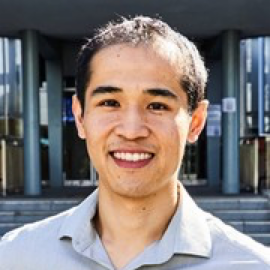
Dr Yu Heng Lau is a Senior Lecturer, SOAR Prize recipient, and group leader in the School of Chemistry. He completed his PhD at the University of Cambridge, developing new chemical methods for synthesising peptide-based therapeutics. He then moved to Harvard Medical School as a Sir Henry Wellcome Postdoctoral Fellow in the field of synthetic biology, building recoded synthetic genomes in bacteria and engineering self-assembling protein nanocompartments in yeast. At Sydney, he has held an ARC DECRA (2019-21) and Westpac Research Fellowships (2020-23), and received a NSW Tall Poppy Award (2021).
The Lau group uses a combination of organic chemistry and synthetic biology to control the architecture of natural proteins and peptides to create new medicines, materials and catalysts.For more in-depth information about Dr Yu Heng Lau and his work, please refer to: https://www.sydney.edu.au/science/about/our-people/academic-staff/yuheng-lau.html
-
Dr. JingJing You, University of Sydney
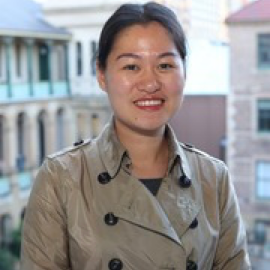
Dr. Jingjing You is a Senior Lecturer of Biomedicine at the University of Sydney’s School of Medical Sciences. With a profound dedication to advancing medical science, particularly in the field of wound healing, Dr. You’s research has been pivotal in developing innovative treatments for eye and brain injuries.
Her groundbreaking work centers on the use of collagen bioinks, a novel technology she has pioneered to facilitate the creation of synthetic human corneas. Apart from her academic achievements, Dr. You’s expertise has translated into significant commercial success. Her inventions have led to the development of three commercial products, each playing a critical role in advancing medical treatment and research. Among these products, the collagen bioinks stand out as a testament to her ingenuity and dedication to practical applications of biomedicine.
For more in-depth information about Dr. JingJing You and her work, please refer to:
https://www.sydney.edu.au/medicine-health/about/our-people/academic-staff/jing-you.html
-
Dr. Jiao-Jiao Li, University of Technology Sydney, Australia
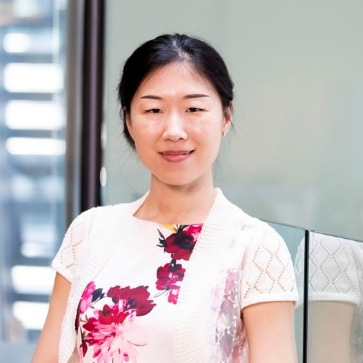
As a biomedical engineer working in tissue engineering and regenerative medicine, Dr Jiao Jiao Li (JJ) envisions a future where stem cells and bioactive materials can be ‘personalised’ to provide optimal treatments for major diseases. Leading a research team in biomedical engineering, she is currently developing regenerative therapies for bone and joint disorders – debilitating diseases affecting hundreds of millions of people, old and young across the globe. JJ loves working with people from around the world with different backgrounds, skills and experiences to jointly solve medical challenges, and passing on the passion of creating STEM solutions to the next generation. Her work has attracted a National Health and Medical Research Council (NHMRC) fellowship, an Endeavour Fellowship, best research awards from international (TERMIS) and national societies (ASMR, ANZORS, MBSANZ, AWTRS), and >30 awards for her publications and conference presentations. She was named the female winner of the Metcalf Prize for Stem Cell Research in 2023 (with live interview on ABC News Breakfast); NSW Young Tall Poppy Scientist of the Year, Premier’s Prize for NSW Early Career Researcher of the Year (Physical Sciences), and one of Australia’s top 20 under 40 researchers in 2022; and the Australian winner of Falling Walls Lab in 2021. She was also a chief investigator and Co-Deputy Director on the Australian Research Council Training Centre for Innovative BioEngineering. JJ is passionate about promoting STEM to the public community, which is further enabled by her roles at Science & Technology Australia as Board Director (Early Career Representative) and a 2021-22 Superstar of STEM. JJ became an elected Fellow of The Royal Society of NSW (FRSN) in 2023.
For more in-depth information about Dr. JiaoJiao Li and her work, please refer to:
-
Dr. Amandeep Kaur, Monash University, Australia
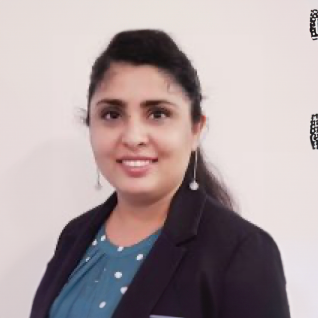
Dr Amandeep Kaur is a Lecturer and ARC DECRA Fellow in the Faculty of Pharmacy and Pharmaceutical Sciences, Monash University.
Her research interests lie in the field of : (i) Development of fluorescent tools for nanoscale imaging of protein aggregates in neurodegeneration; (ii)Design and synthesis of photoswitchable fluorescent probes for super-resolution imaging; (iii) Sensing platforms for amyloid microenvironments
For more in-depth information about Dr. Amandeep Kaur and her work, please refer to: https://www.monash.edu/mips/themes/medicinal-chemistry/research-groups/kaur
-
Dr. Paul Jaschke, Macquarie University, Australia
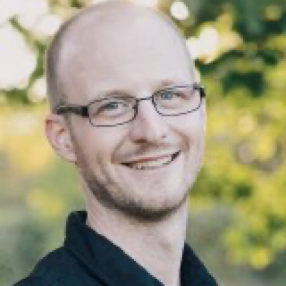
Dr Paul Jaschke is a Senior Lecturer (equivalent to Associate Professor in the USA) in Synthetic Biology in the School of Natural Sciences in the Faculty of Science and Engineering and an Associate Investigator in the Centre of Excellence in Synthetic Biology. I completed a PhD in Microbiology and Immunology at the University of British Columbia and an NSERC-funded postdoctoral fellowship in the Bioengineering Department at Stanford University before joining Macquarie University.
His lab is now researching a range of topics in synthetic biology, microbiology, and virology. In particular, his group is working towards: Enhancing Phage Therapy, Overlapping Genes and Altered Genetic Codes.
For more in-depth information about Dr. Paul Jaschke and his work, please refer to: https://researchers.mq.edu.au/en/persons/paul-jaschke

